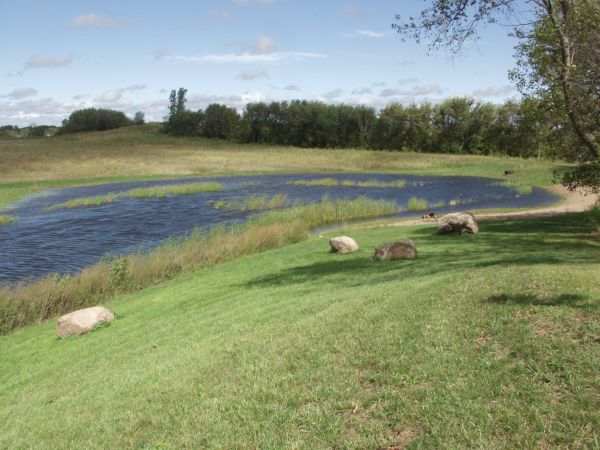Fresh cantaloupes, field tomatoes, peppers, potatoes all have something in common beyond being some of my favorite produce items — they are often rinsed or washed (depending on your definition) prior to sale. Washing is a specification that many buyers require, because fields get muddy and that mud ends up making things look nasty. Wash and rinse water (especially when used in the field) has been linked as a risk factor in a few outbreaks. A paper by Arvanitidou and colleagues published in the November issue of Microbiological Research highlights why using untreated surface water for washing fresh produce isn’t a good idea: there are lots of pathogens out there.
The occurence of Salmonella, Campylobacter and Yersinia spp. in river and lake waters
M. Arvanitidou, G.A. Stathopoulos, T.C. Constantinidis, V. Katsouyannopoulos
In order to assess Salmonella, Campylobacter and Yersinia spp. occurence in surface waters and to compare it with the standard faecal indicator bacteria, 86 river and lake samples, from eight sampling sites in Northern Greece were examined for the presence of these pathogens in parallel to total and faecal coliforms and faecal streptococci. A total of 17 Salmonellae, 14 Campylobacters and 9 Yersiniae were isolated. Only in Salmonella positive samples the geometric means of total and faecal coliforms were found significantly higher (p < 0.01) than in the negative samples, whereas the presence of Campylobacters and Yersiniae may not be predicted by the standard indicator bacteria.
